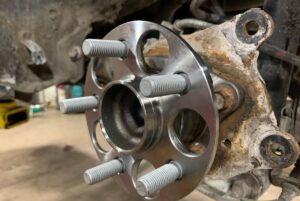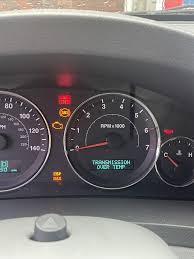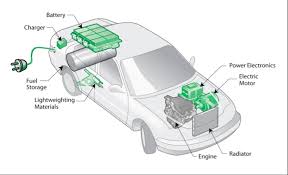Is an Engine Flush Good or Bad?
When it comes to maintaining your vehicle, engine flushes often come up as a debated topic. Some mechanics swear by them, while others advise against their use. Understanding the benefits and risks can help you make an informed decision. So, is an engine flush good or bad? Let’s explore this in detail.
What Is an Engine Flush?
An engine flush is a service where a chemical additive is poured into the engine oil. This additive circulates through the engine, breaking down sludge, grime, and other contaminants. After running the engine for a specified period, the oil and additive mixture is drained, ideally taking the loosened debris with it. This process aims to clean the engine’s internals and improve its performance.
Benefits of an Engine Flush
- Removal of Engine Sludge: Over time, engines can accumulate sludge and deposits from old oil. An engine flush can help remove this buildup, potentially improving engine efficiency and longevity.
- Improved Oil Circulation: Cleaning out sludge and debris can improve oil circulation within the engine. Better oil flow means better lubrication of moving parts, which can reduce wear and tear.
- Enhanced Performance: With cleaner internals, the engine can run more smoothly and efficiently. This can lead to improved performance and potentially better fuel economy.
- Preventive Maintenance: Regular engine flushes can be a preventive measure to keep your engine clean, especially if you often drive in severe conditions or have an older vehicle with higher mileage.
Risks of an Engine Flush
- Dislodging Debris: While the goal is to remove sludge, an engine flush can dislodge large chunks of debris that might block oil passages or damage engine components.
- Compatibility with Older Engines: Older engines, particularly those with high mileage, might not benefit from an engine flush. The sludge may be holding certain seals together, and removing it could cause leaks.
- Potential Damage to Seals: The chemicals used in engine flushes can be harsh and may damage engine seals and gaskets, leading to leaks and other issues.
- Manufacturer Recommendations: Some car manufacturers do not recommend engine flushes and may void the warranty if such a service is performed. Always check your owner’s manual before proceeding.
When Is an Engine Flush a Good Idea?
- Severe Driving Conditions: If you frequently drive in stop-and-go traffic, extreme temperatures, or dusty environments, an engine flush might be beneficial.
- Poor Maintenance History: If the vehicle has a history of infrequent oil changes, an engine flush can help clean out accumulated sludge.
- Symptomatic Engines: If you’re experiencing symptoms like poor performance, decreased fuel economy, or unusual noises, an engine flush might be worth considering as part of the diagnostic process.
When Is an Engine Flush a Bad Idea?
- Newer Vehicles: Modern engines with regular maintenance typically don’t need engine flushes. High-quality oils and proper maintenance schedules keep engines clean.
- High-Mileage Engines: As mentioned earlier, high-mileage engines may rely on accumulated sludge to keep seals intact. Flushing these engines could do more harm than good.
- Manufacturer’s Advice: Always adhere to the manufacturer’s maintenance recommendations. If the owner’s manual advises against engine flushes, it’s best to follow that guidance.
Conclusion
So, is an engine flush good or bad? The answer depends on your specific situation. While engine flushes can provide benefits in terms of cleaning out sludge and improving performance, they also carry risks, particularly for older or high-mileage engines. It’s essential to weigh the pros and cons, consider your vehicle’s condition, and consult with a trusted mechanic before deciding to proceed with an engine flush. By making an informed choice, you can ensure the longevity and efficiency of your engine.






